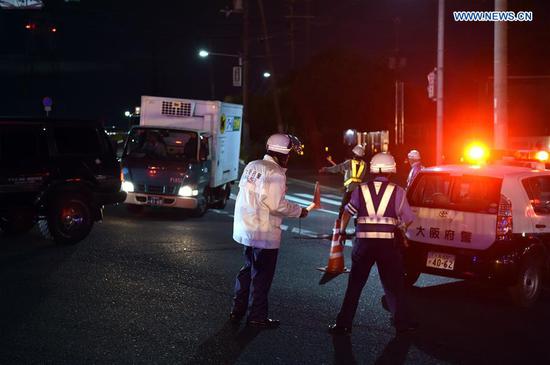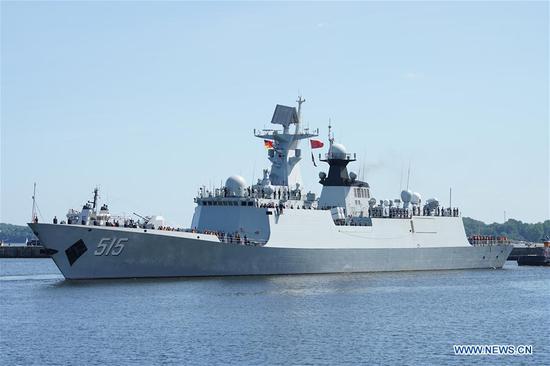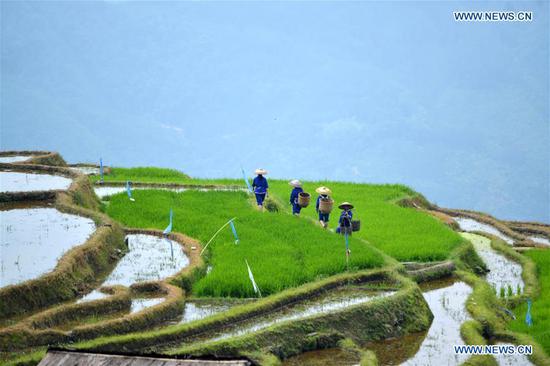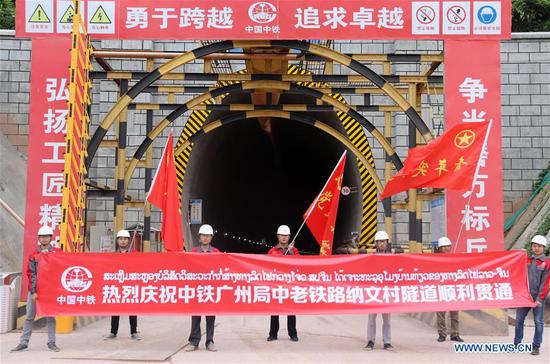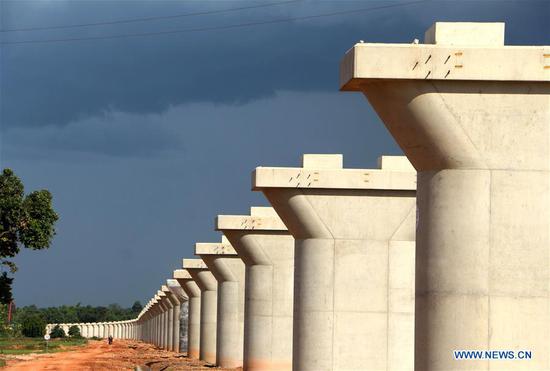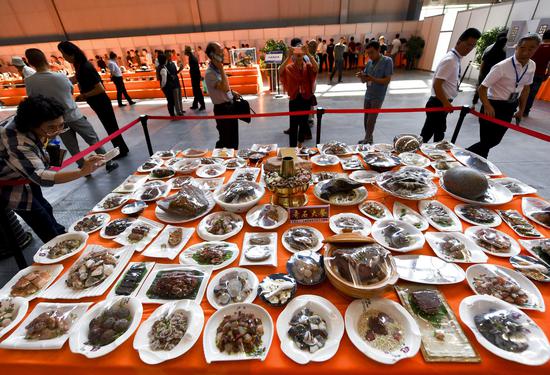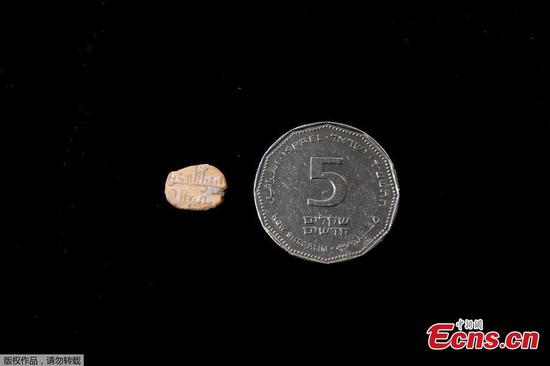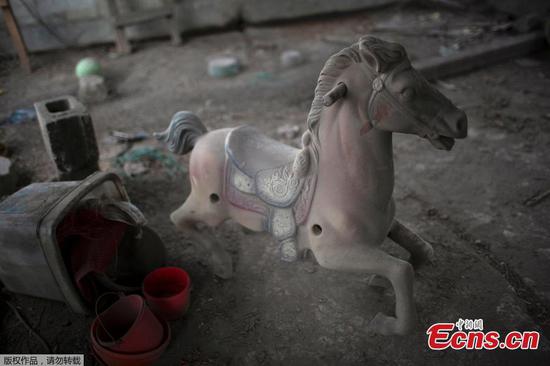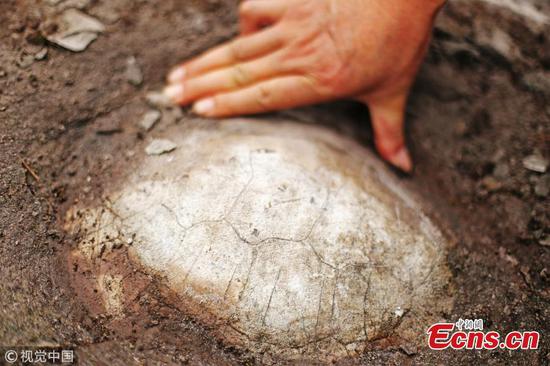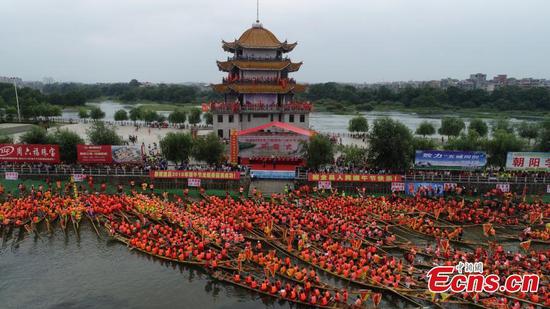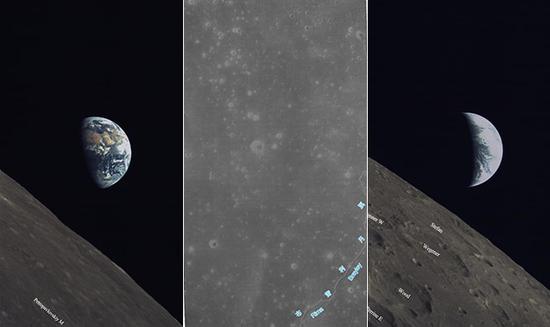The central pipeline of China's South-to-North water diversion project has transferred 15 billion cubic meters of water as of Sunday to 19 cities along the project, benefiting 53 million residents.
Since the implementation of the project's central pipeline three years ago, the cities along it, including Beijing and Tianjin, have seen a notable improvement in water quality, an official of an institution in charge of the pipeline was quoted as saying by the Xinhua News Agency on Sunday.
In Beijing, 11 million people have benefited from the water diversion which provides 73 percent of daily supply in the city's urban areas, said Xinhua, noting that water resources per capita in the capital have increased from 100 to 150 cubic meters.
Beijing, Tianjin and some other cities have accelerated the substitution of groundwater resources with transferred water, reducing the exploitation of the valuable resource by more than 800 million cubic meters, the official told Xinhua.
In North China's Hebei Province, more than four million residents bid farewell to brackish water with high fluoride content.
The project has played a comprehensive role in ensuring water security, restoring water ecology, improving the water environment, and optimizing the allocation of water resources.
"Thermonatrite has decreased and the water tastes sweeter," Zhang Xiuli, a resident of Beijing's Daxing district told People's Daily Overseas Edition.
Measurement shows that the hardness of tap water in Beijing dropped from 380 milligrams per liter to 120 - 130 milligrams per liter, the newspaper said.












